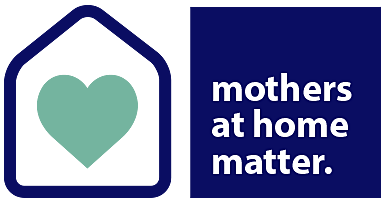FEFAF 2019
Marie with the FEFAF board, second from right.
Networking with similar pro-motherhood groups across the world is important to MAHM. A delegation from MAHM were invited to join the 2019 FEFAF Conference, held in Hungary.
We’re delighted to say that our own MAHM Vice-President and previous Chair, Marie Peacock, was elected FEFAF Vice President. Here she reports back from Budapest:
Lynne Burnham, Juliet Chalk and I attended the FEFAF AGM held in Budapest, courtesy of the Swedish campaigning group HARO, together with a leading Hungarian family organisation. We extend our sincere thanks to all who hosted us during our short stay. It’s the first time we’ve been able to attend due to family commitments.
Chaired by the Swedish delegation, FEFAF is a non-governmental, non-faith based organisation. The meeting was attended by members of a number of countries, including Poland, Belgium, Switzerland, Sweden, Italy, the UK and Romania.
FEFAF exists to represent people who care for family at home, as well as to disseminate information on policy issues, to raise the value of the work of caring and also to participate in policy and parenting forums worldwide. Representatives of FEFAF regularly attend policy seminars, including at the UN in New York.
The group acts as an ‘umbrella’ membership organisation for many groups in Europe whose primary aim is to stand up for children’s wellbeing, their care and development. This also means campaigning for better support and equal recognition for primary caregivers, usually the mother, sometimes the father or grandparents. There’s time for everything in life, whether paid work or unpaid work, but not always at the same time. FEFAF recognises that each family is different, with various ways of securing the work-life-care balance, but the reality is mounting financial and social pressures on all families to work more and spend less time caring, with children spending ever-longer hours in child care provision, away from their families. We need more balance and more child-centred debates that respect the role of parents as first educators.
The key raison d’etre of the group is to raise awareness of the ‘invisible’ nature of caring, carried out by millions of women all over the world. Invisible in the sense that care work is rarely discussed in policy documents and the value of this work does not get counted in GDP. This needs to change. Care work may be ‘invisible’, but whole economies and communities would collapse if women went on strike tomorrow.
Caring family work needs to carry more prominent status consistent with leaders’ claims that they want to prioritise and safeguard the future for our children and their children. Protecting childhood means a multi-disciplinary approach focusing on a variety of policy areas: for example investment in health and education, equal recognition for caregiving alongside paid work, maternity provision, housing and green spaces for play, sustainable living, income and pension protection for mothers, family friendly taxation, access to community services and support, care allowances and flexible working when the time is right. We look forward to participating in FEFAF’s work in 2020.
Marie Peacock, Vice President

